Keywords: John Warhurst Is Professor Of Political Science At The Australian National University And A Canberra
-
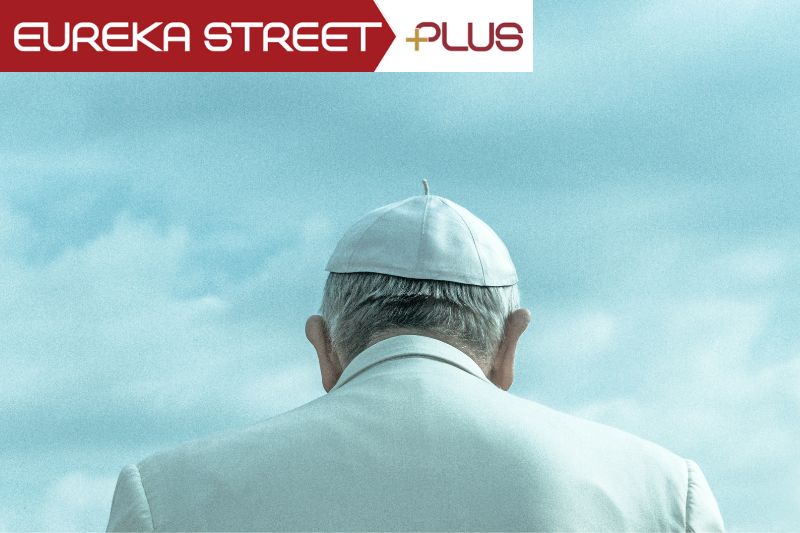
RELIGION
- Geraldine Doogue, Greg Craven, John Warhurst, Julian Butler
- 17 June 2022
3 Comments
After four years, the Fifth Plenary Council of Australia is nearly at a close with the second and final assembly in July. So what has been the significance of the Plenary Council so far, and what can we expect from the final session? In this Roundtable, Geraldine Doogue, John Warhurst, Greg Craven and Julian Butler reveal their hopes and expectations for the process and discuss likely outcomes.
READ MORE 
-
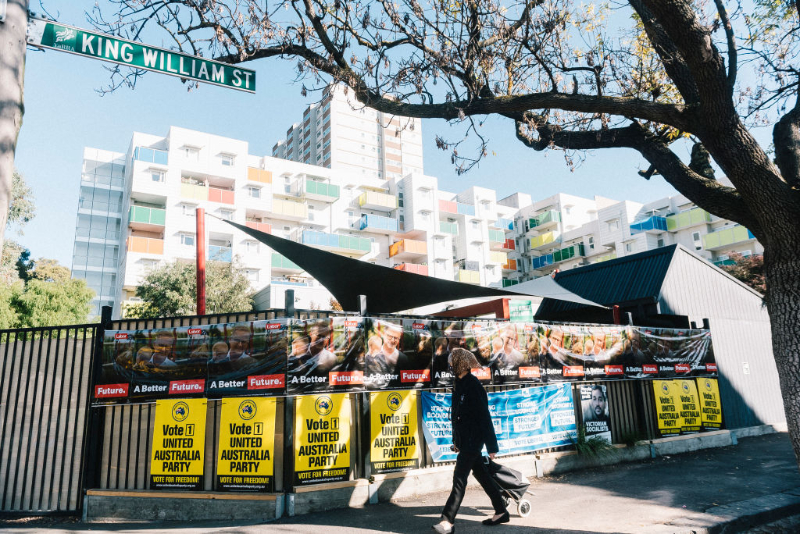
AUSTRALIA
- John Warhurst
- 24 May 2022
13 Comments
Governments lose elections, but Oppositions still must demonstrate that they are a capable alternative. Both the Morrison Coalition government and the Albanese Labor Opposition played their part last Saturday. There were many sub-plots in the pattern of voting, but this election was primarily lost and won in the four biggest mainland cities.
READ MORE 
-

RELIGION
- John Warhurst
- 26 April 2022
22 Comments
The Church must speak up to be relevant, but those who seek to ‘speak for the church’ must be brave. They risk exposing themselves to claims of bias unless they stick to a very narrow agenda and speak in extremely measured terms. Yet if they are too bland they risk being irrelevant to the sharp end of political debate and their intervention becomes little more than a symbolic ritual.
READ MORE 
-
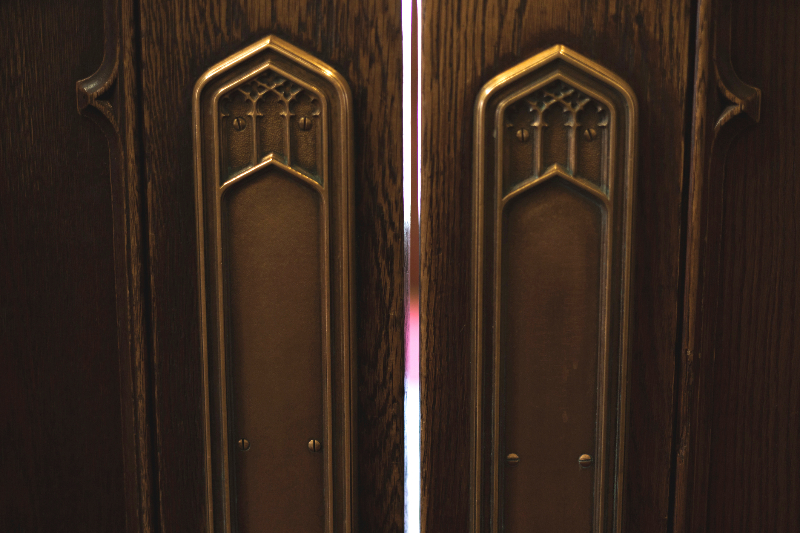
RELIGION
- John Warhurst
- 05 April 2022
19 Comments
The 280 Plenary Council (PC) Members have just taken another major step towards the Second Assembly in Sydney on 3-9 July. Yet it is difficult to have a proper public conversation about this step because it has taken place behind closed doors. Towards the Second Assembly comes a long way under the guidance of the four writing groups, whose membership has not been made public. Though it is a mixed bag, it is probably the best document emerging from the PC, making it even more frustrating that it is not in the public domain.
READ MORE 
-
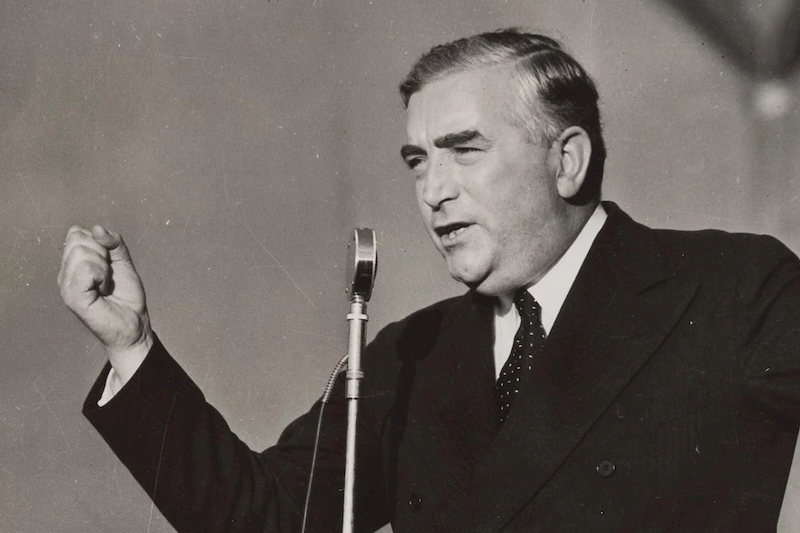
AUSTRALIA
- John Warhurst
- 09 March 2022
13 Comments
Domestic policies are often regarded as more important than foreign affairs and defence policies in influencing Australian election campaigns. But national security campaigns by the government of the day, known as either khaki elections or reds under the beds, have such a long history in Australian federal elections that they challenge the conventional wisdom.
READ MORE 
-
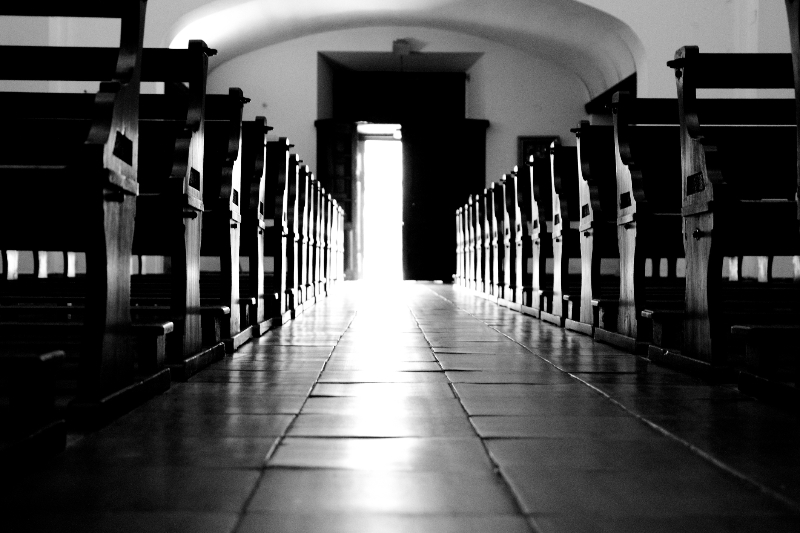
RELIGION
- John Warhurst
- 10 February 2022
37 Comments
The Church in Australia has taken a step towards greater transparency with the release by the Australian Catholic Bishops Conference (ACBC) of its first ever Annual Report-this one for the 2020 year. This step is welcome, but there is more to be done. Synodality and co-responsibility presumes that those who are walking together have equal access to information upon which to discern the future of the Church at all levels.
READ MORE 
-

RELIGION
- John Warhurst
- 14 December 2021
31 Comments
Synodality confronts the traditional practice of hierarchy within the church. When the ACBC responded last December to The Light from the Southern Cross report, which promoted synodality and co-responsible governance, it re-stated its position that hierarchy was embedded in the church’s approach to governance. This immediately set up a potential tension between episcopal authority and participation in governance by the People of God.
READ MORE 
-
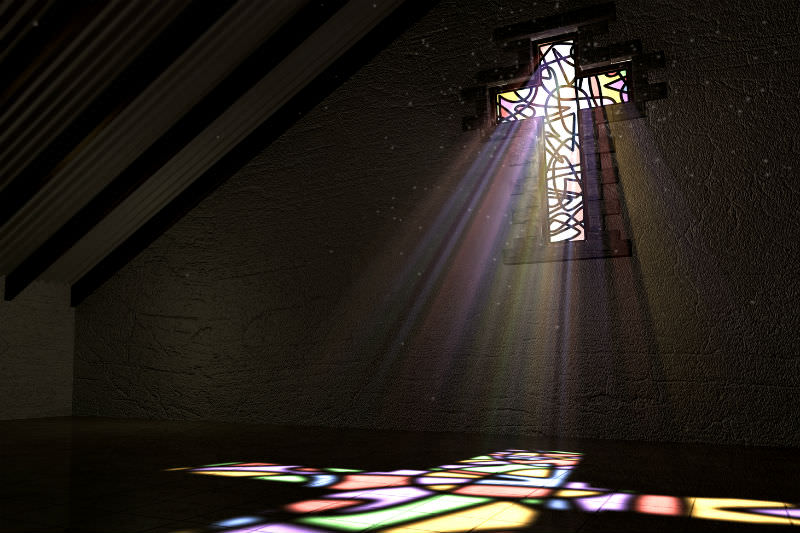
RELIGION
- John Warhurst
- 02 December 2021
72 Comments
Church and state are confronting one another right now over the federal freedom of religion bill and the Victorian anti-discrimination bill. Whenever such confrontation occurs it reveals our priorities. We define our identity by what we choose to fight for hardest.
READ MORE 
-

RELIGION
- John Warhurst
- 23 September 2021
41 Comments
Synodality, the new term which is sweeping the church, is an aspirational goal not a proven methodology. For this reason, it is a test case for the lasting impact on church reform of the papacy of Pope Francis. He has given us an aspiration but also set us a test.
READ MORE 
-
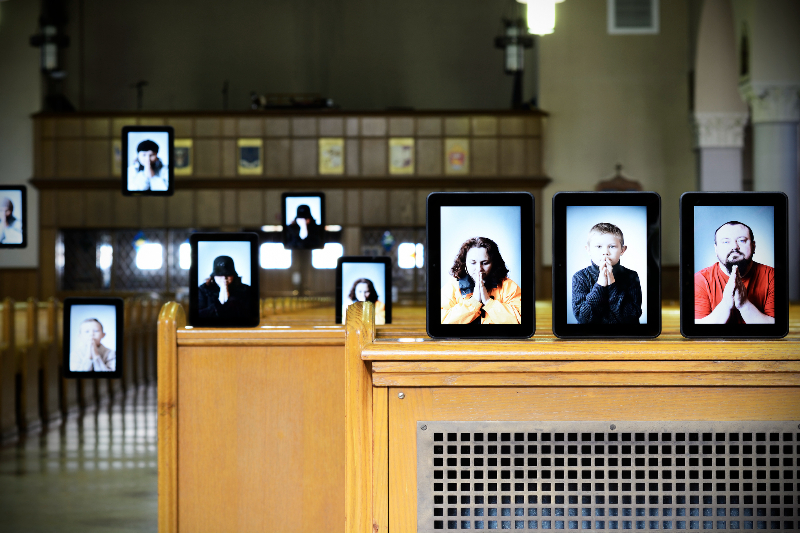
RELIGION
- John Warhurst
- 26 August 2021
25 Comments
Those of us who are members of the Plenary Council are now strapped in for what looks likely to be an uncertain ride. Some members, having concluded their initial formal formation and training, are now meeting in officially organised discussion sessions to build up their preparation for the first assembly which is now just over a month away.
READ MORE 
-

RELIGION
- John Warhurst
- 20 July 2021
70 Comments
The Plenary Council First Assembly is only two months away, but uncertainty still remains about the role that its 282 members will play. Not just about what work they will do but what conception of the role they will bring or will be imposed upon them by the authorities.
READ MORE 
-
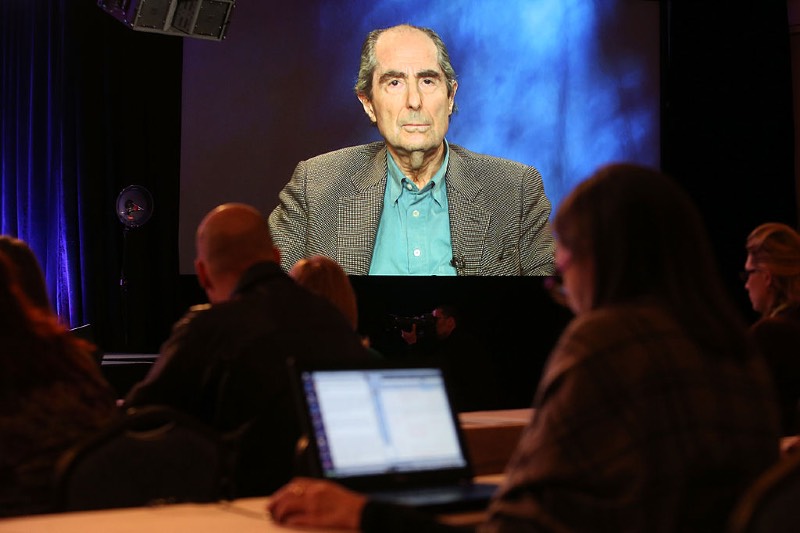
ARTS AND CULTURE
- Sarah Klenbort
- 01 July 2021
53 Comments
While we can’t conflate accusations against Roth’s biographer with his subject, this recent Blake Bailey scandal invites us to revisit, through a 21st century lens, the world of someone considered one of the definitive writers of the 20th century.
READ MORE 